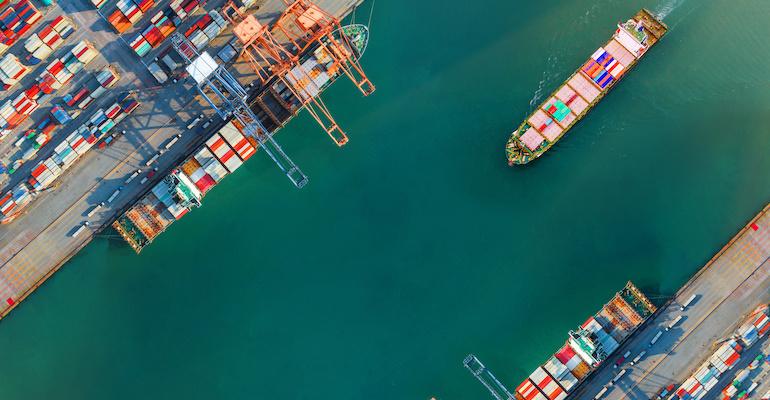The new members are energy producer Yara Clean Ammonia ASA, trade association the Methanol Institute, Academic Institute the National University of Singapore (NUS) Centre for Maritime Studies, and shipowner MPC Container Ships ASA.
The new members come after the signing of a Memorandum of Understanding (MoU) between the Maritime and Port Authority of Singapore (MPA) and Lloyd’s Register (LR) Maritime Decarbonisation Hub for the Silk Alliance, focused on a regional fleet, predominantly bunkering in Singapore that also trades across the Indian and Pacific Oceans.
The onboarding of Yara Clean Ammonia ASA and the Methanol Institute is expected to accelerate efforts to better understand the fuel infrastructure considerations and bunkering capacity development required for zero-emission shipping. The initiative will allow the fuel supply and fleet sides to generating demand for low-to-zero carbon fuels.
“Ammonia is one of the key potential alternative fuels identified to decarbonise the maritime industry…Yara Clean Ammonia will engage closely with our partners and support the Silk Alliance in achieving its objectives,” Murali Srinivasan, Senior Vice President (Commercial) of Yara Clean Ammonia ASA, said.
Chris Chatterton, Chief Operating Officer, The Methanol Institute, commented: “The Methanol Institute views the development of green corridors as critical to the maritime energy transition and we are looking forward to playing an active role in the Silk Alliance, helping stakeholders understand how they can adopt low carbon Methanol now and put themselves on a pathway to carbon neutrality, leveraging an existing supply chain and existing infrastructure.”
In addition, the academic partnership with the NUS Centre for Maritime Studies allows scope for further research work into technological solutions for the green corridor cluster, which complements ongoing scientific assessments of climate change risks undertaken by the Lloyd’s Register Foundation NUS Institute.
“The new Silk Alliance members can support the concerted effort of all our cross-industry partners with the aim of decarbonising the shipping corridor cluster in Singapore and the intra-Asia region,” Charles Haskell, Director of the LR Maritime Decarbonisation Hub, said.
Copyright © 2024. All rights reserved. Seatrade, a trading name of Informa Markets (UK) Limited.
Add Seatrade Maritime News to your Google News feed.  |

